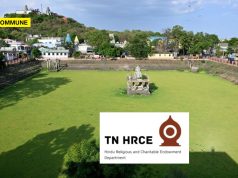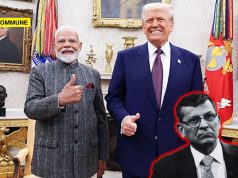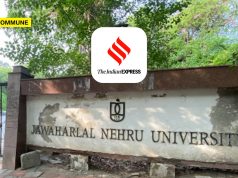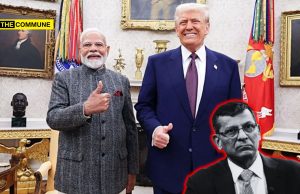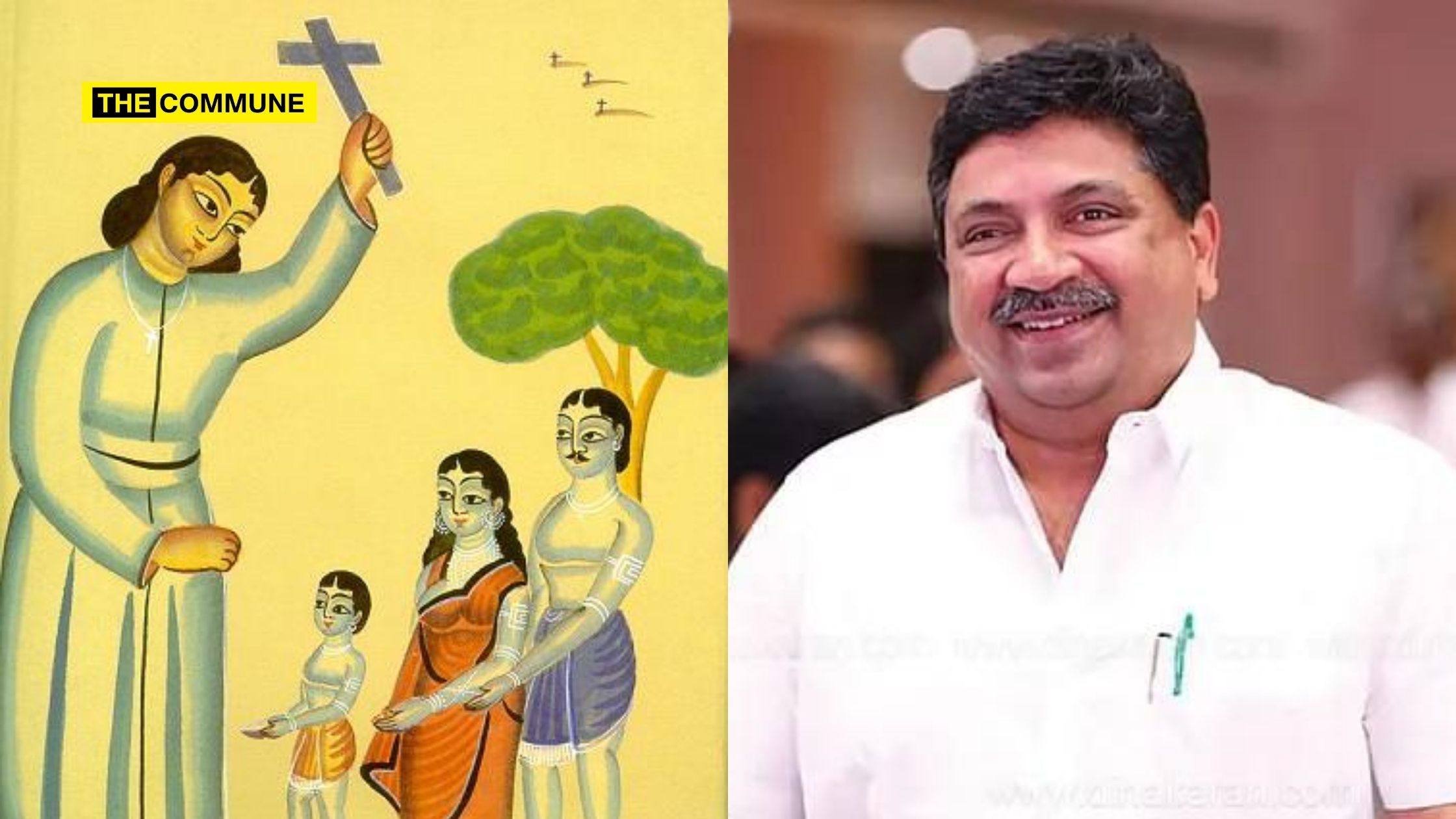
The Dravidian movement is said to be an offshoot of missionary agenda, and this is proved by the Dravidianists time and again. This time, the Dravidianist lie of attributing the education system in Tamil Nadu to the Christian missionaries has been peddled by none other than DMK Minister PTR Palanivel Thiagarajan.
DMK Minister for Information Technology and Digital Services, Palanivel Thiaga Rajan, highlighted the ‘significant contributions‘ of Christian missionaries in ‘advancing education and healthcare‘ in Tamil Nadu during his address at The American College’s graduation ceremony on Saturday, 29 March 2025.
Drawing parallels with the Justice Party’s efforts in democratizing education, PTR emphasized that missionaries were instrumental in ensuring equal opportunities for all. “Christian missionaries have played a great role in improving the state of education and health in Tamil Nadu,” he said.
Addressing the graduating students, Rajan urged them to serve as role models for future generations. He cited distinguished alumni, including orator Solomon Pappiah, artist-writer Manohar Devadoss, and Food and Civil Supplies Minister R. Sakkarapani, as examples of individuals who have brought pride to the institution.
1,856 undergraduate and 535 postgraduate students received their degrees during the ceremony. The event was attended by Bishop-President Rt. Rev. D. Jeyasingh Prince Prabhakaran, Principal and Secretary M. Davamani Christober, and other dignitaries.
The Dravidianist Lie
It is noteworthy that the traditional Indian education system, where teaching was considered a virtuous profession, was deliberately dismantled by the British. Brahmins, who were primarily teachers and often economically disadvantaged, played a key role in imparting education, but this system was systematically destroyed under colonial rule.
The Madras province, since 1823, had provided education without discrimination based on caste, religion, or gender. Separate institutions functioned for Tamil, Kannada, Malayalam, Sanskrit, and other languages, catering to diverse linguistic needs. In the 1820s, education was free for students, ensuring broader access. Interestingly, Shudras were more educated than Brahmins in mother tongue education, indicating that learning was widespread across different social groups.
Historical insights from the book “The First Native Voice of Madras: Gazulu Lakshminarasu Chetty” reveal that a survey ordered by Munroe on educational institutions had shown education was traditionally community-managed, with tax-free community land sustaining the system. However, Munroe’s policies reportedly taxed most of this land, disrupting the existing educational structure. The 19th century was described as a period of extreme oppression, marked by forced conversions and a slave trade allegedly orchestrated by the British.
It is also noteworthy that the East India Company was tasked with evangelizing the people, changing their faith, and bringing them to the Gospel when they came to trade in India. He stated that the British initially considered transitioning from a trading focus to territorial control in Bengal, prompting debates within the British government. However, after deliberation, they concluded that the colonization methods employed in America, Australia, and Canada, involving the destruction of local populations through diseases, were not feasible for India.
All these truths have been buried by the Dravidianists, and they continue to uphold the lie about missionaries being the harbinger of education to TN. It could also be possible that PTR Palanivel Thiagarajan, himself an alumnus of The Lawrence School, Lovedale, was influenced by his alma mater for making such ignorant statements.
(With inputs from The Hindu)
Subscribe to our channels on Telegram, WhatsApp, and Instagram and get the best stories of the day delivered to you personally.

